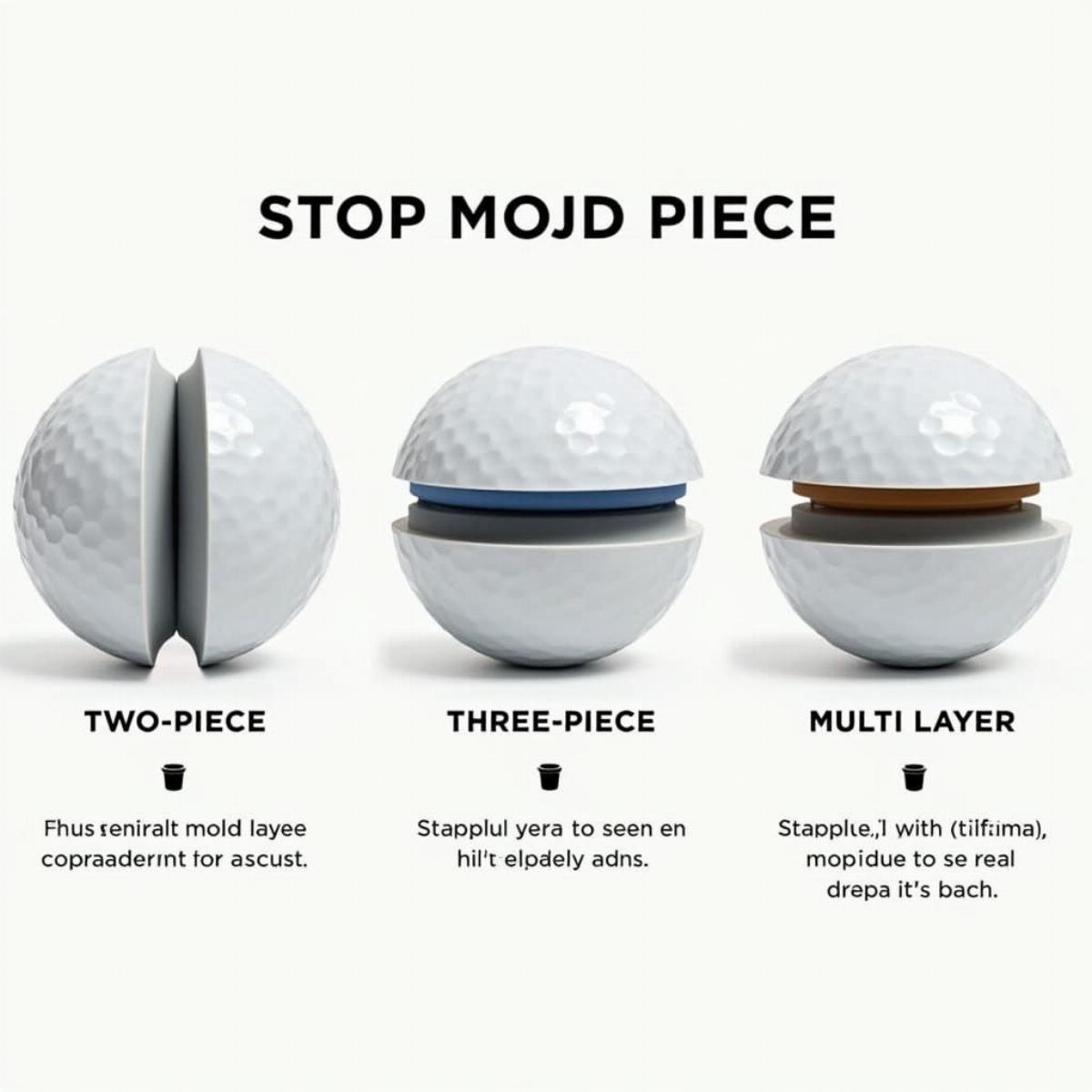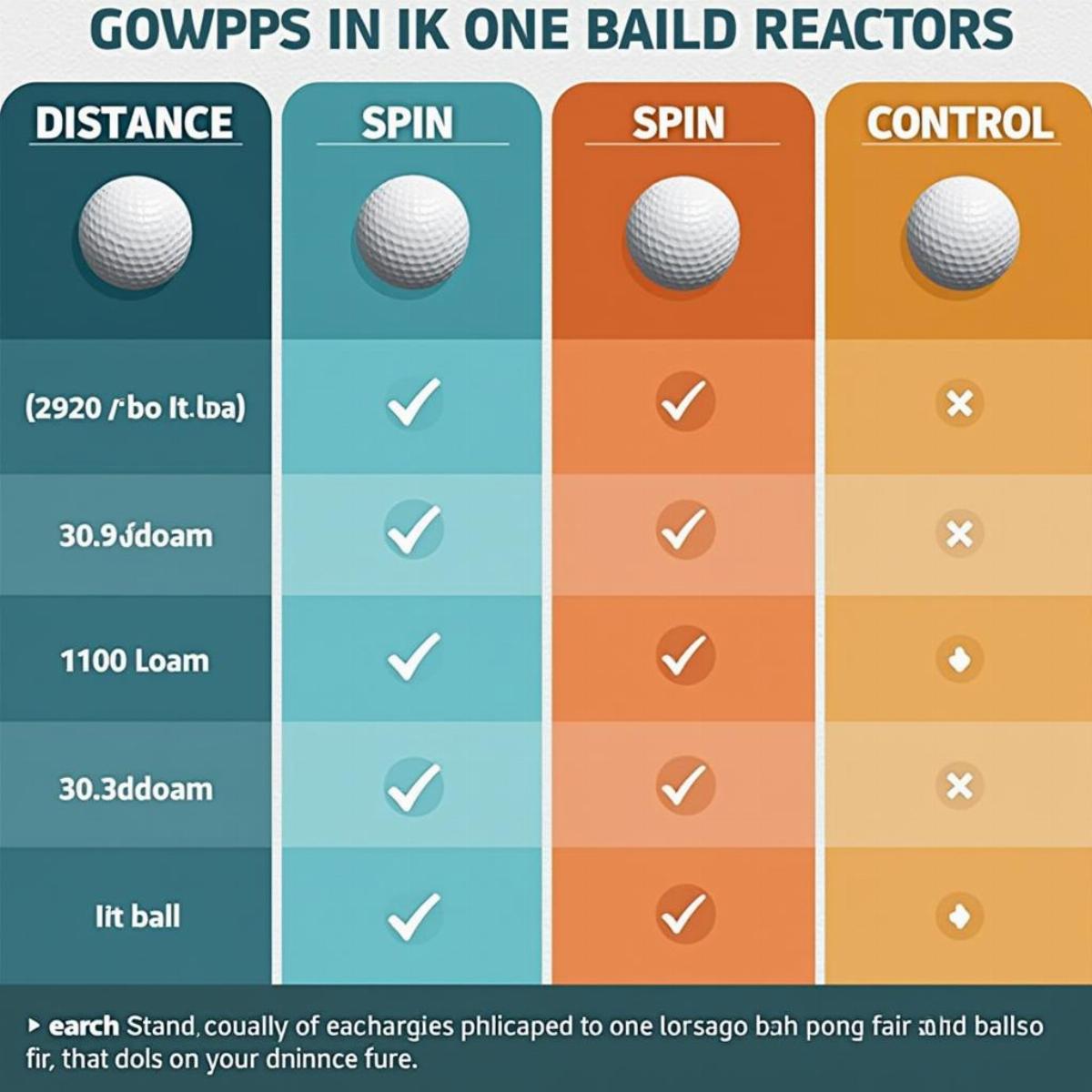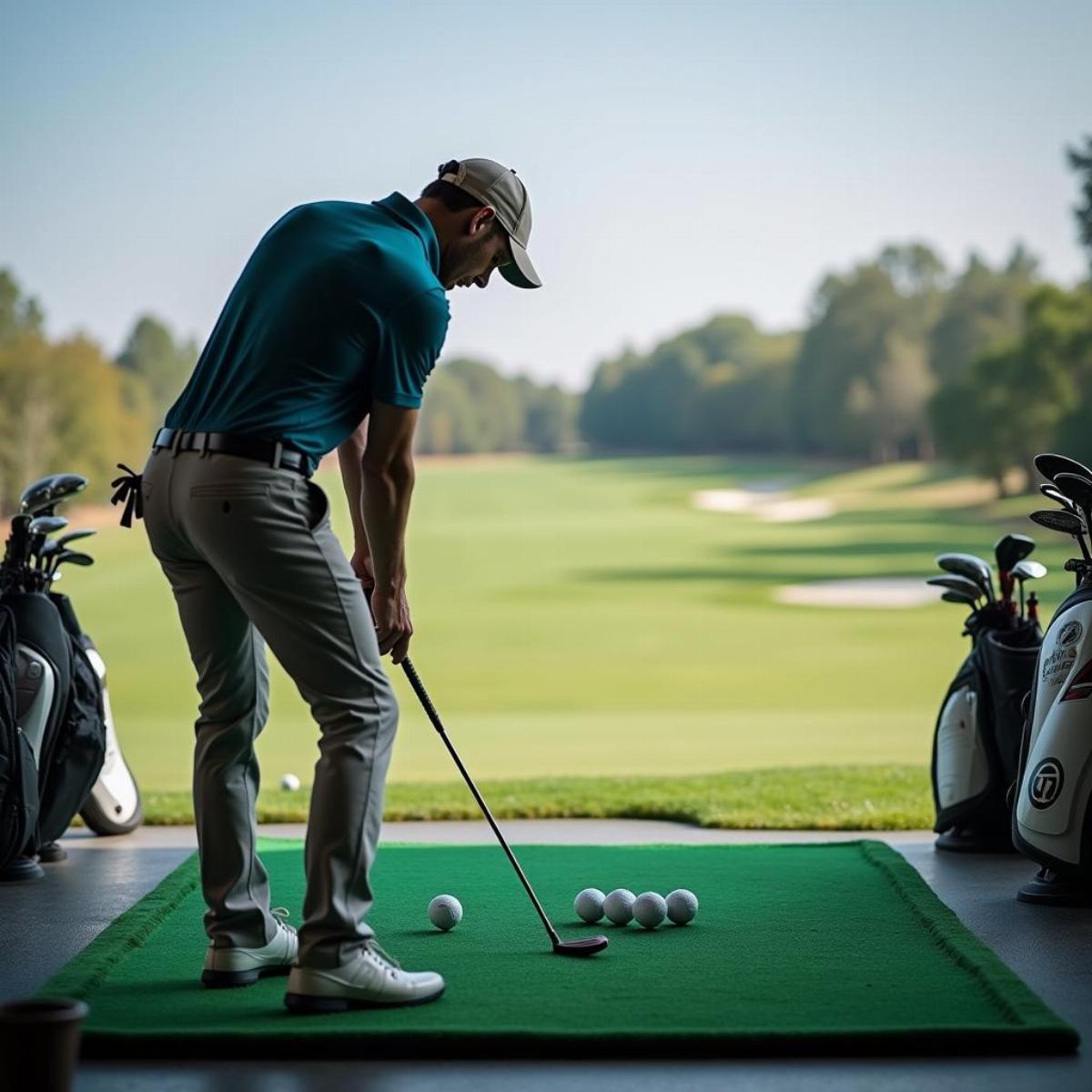Golf is a game of precision, skill, and personal preference. While your swing and stance play crucial roles in your game, selecting the best golf ball can make a significant difference, especially for amateur golfers. This guide will walk you through everything you need to know about choosing the best golf balls to enhance your performance on the green.
Why Choosing the Right Golf Ball Matters
When it comes to golf, amateur golfers often overlook the importance of selecting the right golf ball. However, understanding the features and benefits of different types of golf balls can lead to more enjoyable rounds and improved performance. Here’s why it matters:
- Distance: The right ball can help you hit longer shots.
- Control: Better control means more accuracy and fewer strokes.
- Spin: Different balls offer varying levels of spin, affecting your shots around the green.
- Feel: Comfort and feel can enhance your overall golfing experience.
Choosing the optimal golf ball can elevate your game by matching its characteristics to your playing style. Let’s dive into the types of golf balls available for amateur golfers.
Types of Golf Balls
There are three primary categories of golf balls:
1. Two-Piece Balls
- Construction: Made of a solid rubber core and an outer layer of durable plastic.
- Performance: Designed for maximum distance with minimal spin.
- Best For: Beginner and casual golfers.
2. Three-Piece Balls
- Construction: Consists of a core, a middle layer, and an outer cover.
- Performance: Offers a balance of distance and control with increased spin.
- Best For: Intermediate golfers looking for a versatile option.
3. Four-Piece and Multi-Layer Balls
- Construction: Feature multiple layers designed for specific performance attributes.
- Performance: Provides maximum spin, control, and distance.
- Best For: More advanced players, but some amateur golfers might benefit from them with practice.
 Different Types of Golf Balls
Different Types of Golf Balls
Top Picks for Golf Balls for Amateur Golfers
Table: Best Golf Balls for Amateur Golfers
| Golf Ball Name | Type | Key Features | Price Range |
|---|---|---|---|
| Titleist Pro V1 | Multi-layer | Excellent feel, great spin control, distance | $$$$ |
| Callaway Supersoft | Two-piece | Soft feel, incredible distance, low compression | $$ |
| Srixon Soft Feel | Two-piece | Enhanced greenside spin, soft feel, good distance | $$ |
| TaylorMade TP5 | Multi-layer | High spin rates, great feel, versatile performance | $$$$ |
| Bridgestone e6 | Two-piece | Straight distance, soft feel, excellent for beginners | $$ |
| Wilson Staff Duo Soft | Two-piece | Very soft feel, maximum distance, forgiving | $ |
Descriptions of Recommended Golf Balls
1. Titleist Pro V1
Type: Multi-layer
Key Features: Unrivaled feel, spin control, and distance make this a frequent choice among serious golfers. Although it’s pricier, the performance it offers is hard to beat.
2. Callaway Supersoft
Type: Two-piece
This option is known for its soft feel and incredible distance. It’s perfect for beginners who want to maximize both comfort and performance.
3. Srixon Soft Feel
Type: Two-piece
Offering a blend of spin and distance, the Srixon Soft Feel is ideal for amateur golfers looking to improve their game without breaking the bank.
4. TaylorMade TP5
Type: Multi-layer
This ball delivers an outstanding blend of performance with its high spin rates and great feel. It’s perfect for amateur golfers who are serious about their game.
5. Bridgestone e6
Type: Two-piece
The Bridgestone e6 is well-suited for beginners, offering great straight distance with a soft feel. Its forgiving design makes it easier for amateurs to achieve better results.
6. Wilson Staff Duo Soft
Type: Two-piece
One of the most affordable options, the Wilson Staff Duo Soft provides maximum distance while maintaining a fantastic feel. It’s a great starting point for any novice golfer.
 Comparing Golf Ball Performance
Comparing Golf Ball Performance
Factors to Consider When Choosing a Golf Ball
Choosing the right golf ball goes beyond just picking the most expensive option available. Here are some essential factors to consider:
1. Swing Speed
- Higher swing speeds benefit from multi-layer balls for control.
- Lower swing speeds should opt for two-piece balls for distance.
2. Playing Style
- If you prioritize distance, look for balls that minimize spin.
- For those focused on control and feel, a softer, multi-layer ball is recommended.
3. Course Conditions
- For wet or rough conditions, choose a ball that offers better spin.
- On firmer courses, look for a ball with less spin.
4. Budget
Even with a tighter budget, you can find quality golf balls. Don’t always opt for the most expensive option; some budget balls perform just as well for amateur golfers.
5. Personal Preference
The feel of the ball plays a significant role. Try out different types to see which aligns with your playing style.
How to Test Golf Balls
To find the right match, here are some ways to test golf balls:
- Try before you buy: Buy a few different brands and play several rounds.
- Focus on spin and control: Pay attention to how the ball behaves on your approach shots and around the greens.
- Note distance: See how each ball affects your driving distance.
 Golfer Testing Golf Balls on the Course
Golfer Testing Golf Balls on the Course
Key Takeaways
- When searching for the best golf balls for amateur golfers, consider types: two-piece for beginners, three-piece for intermediates, and multi-layer for advanced players.
- Factors like swing speed, playing style, course conditions, budget, and personal preference are critical for making an informed selection.
- Some recommended golf balls for amateurs include Callaway Supersoft and Srixon Soft Feel, both offering great performance without a hefty price tag.
- Take time to test different options to find the best fit for your game.
Frequently Asked Questions (FAQ)
1. What type of golf ball is best for a beginner?
Two-piece golf balls, like the Callaway Supersoft, are great for beginners due to their high distance and soft feel.
2. Is it worth spending more on golf balls?
Not always. While premium balls often provide better performance, many budget-friendly options offer excellent quality for amateur golfers.
3. How often should I replace my golf balls?
It’s usually best to replace them if they show signs of wear, such as scuffs or loss of covering, or at least every season.
4. Do golf balls go bad?
Although golf balls don’t have a set expiration date, they can lose performance over time, especially if stored improperly.
5. Can I mix different brands of golf balls in a round?
Yes, you can mix brands, but it’s advisable to stick with one type for consistency.
6. What’s the difference between soft and hard golf balls?
Soft balls provide more control and feel, while hard balls tend to go further but may lack in greenside control.
7. How important is ball speed?
Ball speed impacts distance. Higher swing speeds benefit from lower compression balls for maximum speed.
8. Should I choose a ball based on my driver or iron play?
Consider both. Opt for a ball that performs well with your driver but also offers control around the greens.
9. Can I play with the same ball I practice with?
Certainly! Many golfers use the same ball for practice and play to maintain consistency.
10. What effect does temperature have on golf balls?
Cold weather can make the ball harder, resulting in less distance. It’s best to keep them at room temperature if possible.
Armed with this knowledge, you’re well on your way to finding the perfect golf balls to improve your game. Remember, every golfer is unique, so take the time to explore your options and enjoy the game! Happy golfing!

